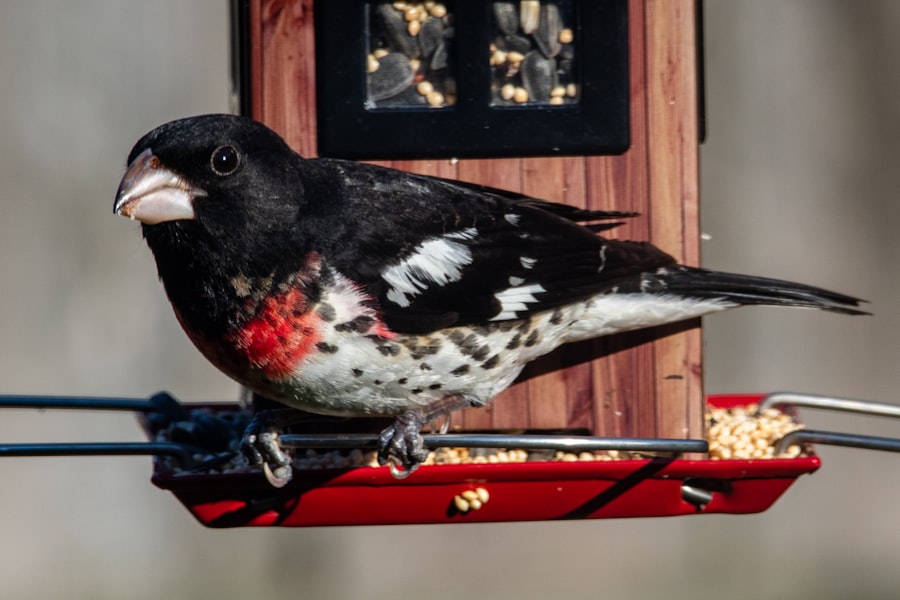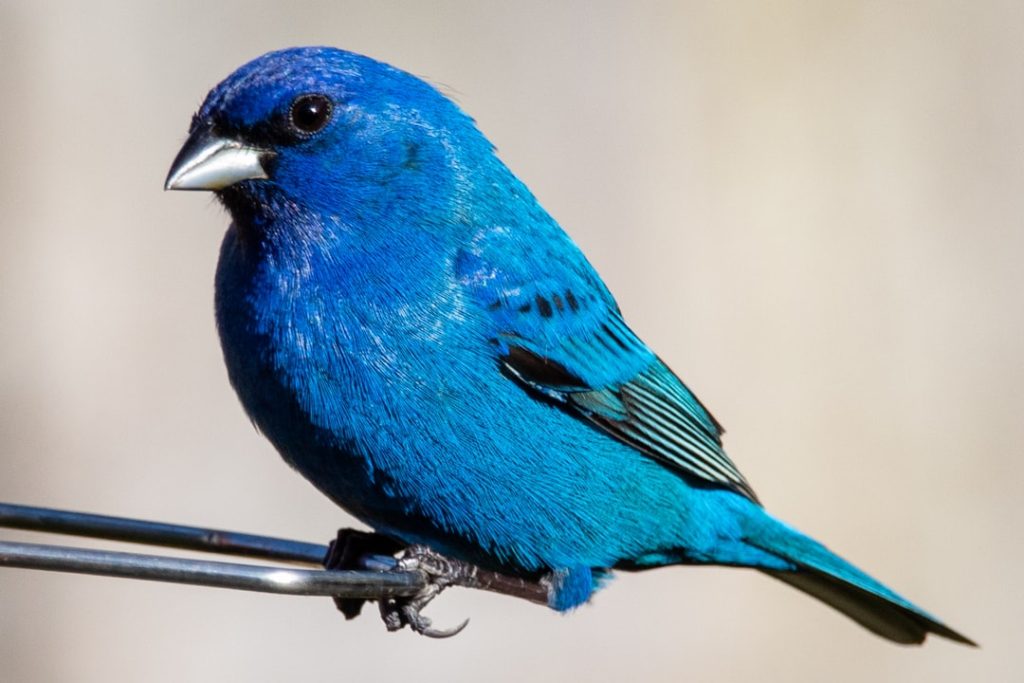When selecting chicken breeds, several factors must be considered for successful poultry raising. These include egg production, temperament, and climate adaptability. For high egg production, breeds such as Rhode Island Red, Leghorn, and Australorp are popular choices.
Dual-purpose breeds like Plymouth Rock and Orpington provide both eggs and meat. The selection process should align with specific needs and goals, as different breeds possess varying characteristics and requirements. Temperament is another crucial factor in breed selection.
Some breeds are known for their docile and friendly nature, making them suitable for families with children, while others may be more skittish. Choosing a breed that matches the keeper’s lifestyle and preferences is essential. Climate adaptability is also important, particularly in areas with extreme weather conditions.
Certain breeds are better suited for cold climates, while others thrive in warmer environments. Thorough research into the specific needs and characteristics of different chicken breeds is necessary to make an informed decision. This knowledge will help poultry keepers choose the most appropriate breed for their particular circumstances and objectives.
Table of Contents
- 1 Building a Coop
- 2 Providing Proper Nutrition
- 3 Ensuring Safety and Security
- 4 Maintaining Cleanliness
- 5 Handling Health and Wellness
- 6 Understanding Local Regulations and Laws
- 7 FAQs
- 7.1 What are the benefits of keeping chickens in my yard?
- 7.2 What do I need to consider before keeping chickens in my yard?
- 7.3 What kind of shelter do chickens need in a yard?
- 7.4 What do chickens eat and how do I provide for their nutritional needs?
- 7.5 How do I keep my chickens healthy in my yard?
- 7.6 What are some common challenges of keeping chickens in a yard?
Key Takeaways
- When choosing a breed, consider factors such as egg production, temperament, and climate adaptability
- A well-built coop should provide enough space for the chickens to move around and should be predator-proof
- Proper nutrition for chickens includes a balanced diet of grains, protein, vitamins, and minerals
- Ensure safety and security by regularly inspecting the coop for any potential hazards and installing proper fencing
- Regularly clean the coop and nesting boxes to prevent the spread of diseases and parasites
- Monitor the health and wellness of the chickens by observing their behavior and providing regular check-ups
- Understand local regulations and laws regarding chicken keeping, including zoning laws and restrictions on the number of chickens allowed
Building a Coop
Size Matters
The size of the coop will depend on the number of chickens you plan to raise, as each chicken requires a certain amount of space to live comfortably. It’s essential to provide at least 2-3 square feet of space per chicken inside the coop, as well as outdoor space for them to roam and forage.
Ventilation is Key
Proper ventilation is crucial to ensure good air quality inside the coop. Adequate ventilation helps prevent moisture buildup and ammonia levels, which can lead to respiratory issues in chickens.
Predator Protection
Predator protection is another vital consideration when building a coop. Chickens are vulnerable to predators such as raccoons, foxes, and birds of prey, so it’s essential to build a secure coop that can keep them safe. This may include using hardware cloth instead of chicken wire for the fencing, installing locks on doors and windows, and adding a predator apron around the perimeter of the coop to prevent digging.
By taking these precautions, you can help protect your chickens from potential threats and ensure their safety and well-being.
Providing Proper Nutrition

Proper nutrition is essential for the health and well-being of your chickens. A balanced diet is crucial for egg production, growth, and overall health. When it comes to feeding chickens, it’s important to provide them with a high-quality commercial feed that is specifically formulated for their nutritional needs.
This feed should contain a balanced mix of protein, carbohydrates, vitamins, and minerals to support their growth and development. Additionally, providing access to fresh water at all times is crucial for hydration and digestion. In addition to commercial feed, chickens also benefit from supplemental treats such as fruits, vegetables, and grains.
These treats can provide additional nutrients and variety in their diet, but it’s important to offer them in moderation to avoid nutritional imbalances. It’s also important to avoid feeding chickens with toxic foods such as avocado, chocolate, and raw beans, as these can be harmful or even fatal to them. By providing a balanced diet and monitoring their food intake, you can ensure that your chickens receive the proper nutrition they need to thrive.
Ensuring Safety and Security
Ensuring the safety and security of your chickens is essential for their well-being. Predators such as raccoons, foxes, and birds of prey pose a threat to chickens, so it’s important to take measures to protect them from potential harm. This may include building a secure coop with strong fencing and locks, installing motion-activated lights or alarms to deter predators, and using predator-proofing techniques such as adding a predator apron around the perimeter of the coop.
In addition to protecting chickens from predators, it’s also important to provide them with a safe environment free from hazards. This includes removing any toxic plants or substances from their living area, keeping their coop clean and free from mold or mildew, and providing proper ventilation to prevent respiratory issues. Regularly inspecting their living space for any potential dangers or hazards will help ensure that your chickens are safe and secure.
Maintaining Cleanliness
Maintaining cleanliness in your chicken coop is crucial for the health and well-being of your chickens. A clean environment helps prevent the spread of diseases and parasites, as well as promotes good air quality inside the coop. Regularly cleaning the coop by removing soiled bedding, droppings, and debris helps prevent the buildup of harmful bacteria and ammonia levels that can be detrimental to your chickens’ health.
In addition to regular cleaning, it’s important to provide proper bedding material such as straw or wood shavings to absorb moisture and odors. This helps keep the coop dry and comfortable for your chickens. Additionally, providing dust baths for your chickens allows them to naturally clean themselves and helps control parasites such as mites and lice.
By maintaining cleanliness in your chicken coop, you can create a healthy environment for your chickens to thrive.
Handling Health and Wellness

Conducting Regular Health Checks
This includes observing their behavior, checking for any signs of illness or injury, and monitoring their egg production and eating habits.
Providing Proper Veterinary Care
In addition to regular health checks, it’s essential to provide proper veterinary care for your chickens. This may include vaccinations, deworming treatments, and regular check-ups by a qualified veterinarian who specializes in poultry care. It’s also important to quarantine any new chickens before introducing them to your existing flock to prevent the spread of diseases.
Creating a Stress-Free Environment
Furthermore, providing a stress-free environment is vital for maintaining the wellness of your chickens. This includes minimizing any potential sources of stress such as overcrowding, excessive noise, or sudden changes in their environment. By handling their health and wellness with care and attention, you can ensure that your chickens lead happy and healthy lives.
Understanding Local Regulations and Laws
Understanding local regulations and laws regarding raising chickens is crucial for compliance and success. Before starting your chicken-raising venture, it’s important to research and understand any zoning laws or ordinances that may apply to keeping chickens in your area. This may include restrictions on the number of chickens allowed, setback requirements for coops from property lines or neighboring homes, or regulations regarding waste management.
Additionally, it’s important to be aware of any health or safety regulations that may apply to raising chickens. This may include requirements for proper waste disposal, biosecurity measures to prevent disease spread, or regulations regarding the use of medications or treatments for your chickens. By understanding and complying with local regulations and laws, you can avoid potential fines or legal issues and ensure that your chicken-raising venture is successful and sustainable in the long run.
If you’re considering keeping chickens in your yard, you may also be interested in learning about large chicken coop ideas. Check out this article on large chicken coop ideas for tips on creating a comfortable and spacious living space for your feathered friends. Additionally, if you’re interested in expanding your backyard flock, you may want to explore what vegetables quails eat and what to feed ducks.
FAQs
What are the benefits of keeping chickens in my yard?
Keeping chickens in your yard can provide you with a sustainable source of fresh eggs, natural pest control, and fertilizer for your garden. They also make great pets and can be a source of entertainment and education for children.
What do I need to consider before keeping chickens in my yard?
Before keeping chickens in your yard, you need to check local regulations and zoning laws to ensure that it is legal to keep chickens in your area. You also need to consider the space, shelter, and food and water requirements for the chickens.
What kind of shelter do chickens need in a yard?
Chickens need a secure and predator-proof coop to protect them from predators and the elements. The coop should provide enough space for the chickens to roost, nest, and move around comfortably.
What do chickens eat and how do I provide for their nutritional needs?
Chickens need a balanced diet that includes a combination of commercial chicken feed, grains, fruits, vegetables, and access to insects and grass. It’s important to provide them with a constant supply of fresh water and ensure that they have access to grit for digestion.
How do I keep my chickens healthy in my yard?
To keep your chickens healthy, you need to provide them with a clean and dry living environment, regular access to fresh water and food, and regular health checks. It’s also important to keep their living area free from parasites and predators.
What are some common challenges of keeping chickens in a yard?
Common challenges of keeping chickens in a yard include predator attacks, disease and parasites, noise and odor, and the need for regular maintenance and cleaning of the coop and yard. It’s important to be prepared for these challenges and have a plan in place to address them.
Meet Walter, the feathered-friend fanatic of Florida! Nestled in the sunshine state, Walter struts through life with his feathered companions, clucking his way to happiness. With a coop that’s fancier than a five-star hotel, he’s the Don Juan of the chicken world. When he’s not teaching his hens to do the cha-cha, you’ll find him in a heated debate with his prized rooster, Sir Clucks-a-Lot. Walter’s poultry passion is no yolk; he’s the sunny-side-up guy you never knew you needed in your flock of friends!







